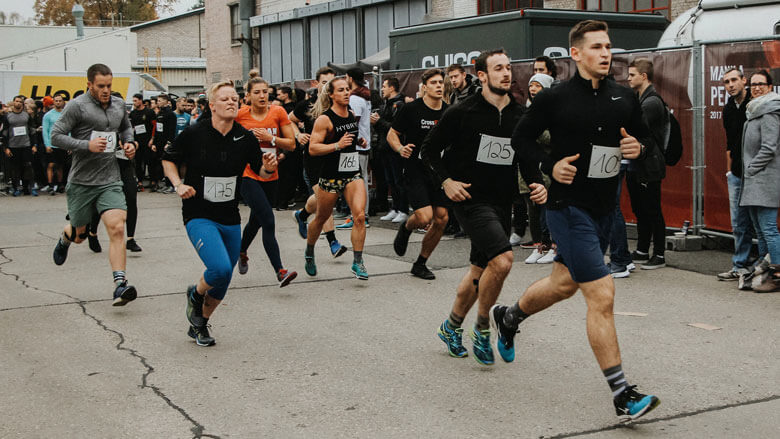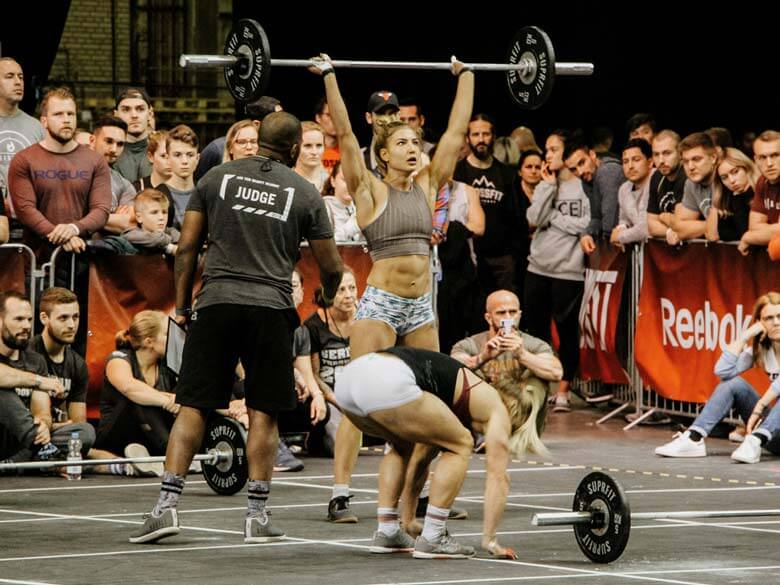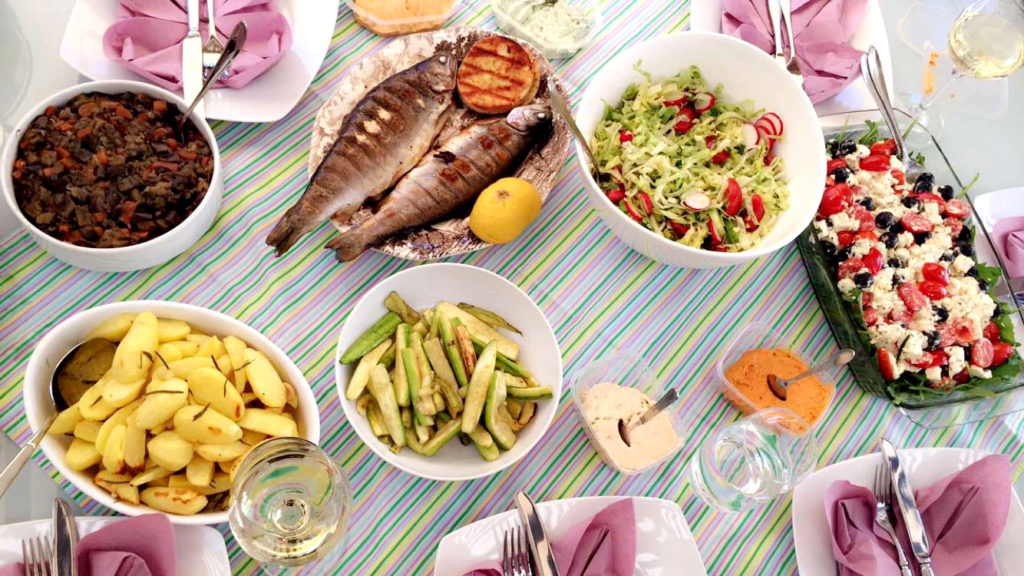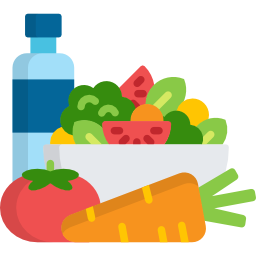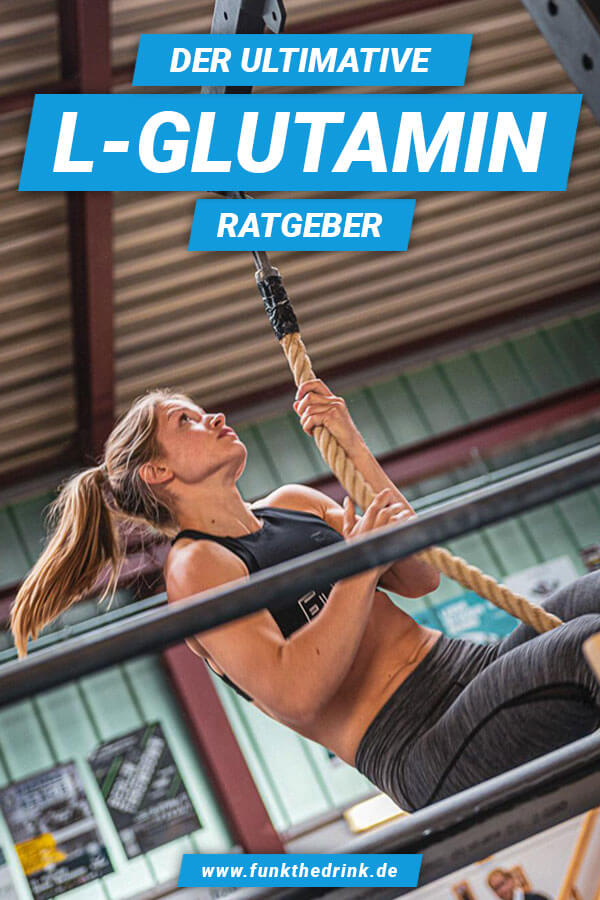QUELLEN
Arndt, K./Albers, T. (2011): Handbuch Protein und Aminosäuren. Optimaler Einsatz von Protein und Aminos. Novagenics Verlag. Arnsberg. S.1-3 & 235-244
Bowtell, J.L. et al. (1999): Effect of glutamine on whole body carbohydrate storage during recovery from exhaustive exercise. Journal of Applied Physiology, 86. S. 1770-1777
Candow, D.G. et al. (2001): Effect of glutamine supplementation combined with resistance training in young adults. European journal of applied physioligy, 86. S.142-149
Castell, L.M. et al. (1996): Does glutamine have a role in reducing infections in athletes? European Journal of Applied Physiology, 73. S. 488-490
Enders, G. (2014) Darm mit Charme. Alles über ein unterschätztes Organ. Ullstein. Berlin.
Finn, K.J. et al. (2003): Glutamine Supplementation did not Benefit Athletes During Short-Term Weight Reduction. Journal of Sports Science and Medicine, 02/2003. S. 163-168.
Irwin, M. et al. (1994): Partial sleep deprivation reduces natural killer cell activity in humans. Psychosomatic medicine, 56. S.493-498
MacLaren, D. (2016): The science behind glutamin. A all-around amino acid. Zugriff unter: https://www.nutritionx.co.uk/the-science-behind-glutamine (24.09.2018)
Nuhn, P. (1990): Naturstoffchemie. Wissenschaftliche Verlagsgesellschaft Stuttgart. Stuttgart. S.70
Parry-Billings, M. et al. (1990): A communicational link between skeletal muscle, brain and cells of the immune system. International Journal of Sports Medicine, 11. S. 122-128
Parry-Billings, M. et al. (1992): Plasma amino acid concentrations in the overtraining syndrome: possible effects on the immune system. Medicine & Science in Sports and Exercise, 24. S. 1353-1358
Souci, S.W./Fachmann W./Kraut, H. (2008): Die Zusammensetzung der Lebensmittel, Nährwert-Tabellen. medpharm Scientific Publisher. Stuttgart.
Voet, D./Voet, J.G. (1994): Andere Wege des Kohlenhydrat-Stoffwechsels: Gluconeogenese. Biochemie. Übersetzung durch: Maelicke, A./Mü̧ller-Esterl, W. Verlagsgesellschaft mbH, Weinheim. S. 561-568
The Medical Biochemistry Page (2017): Gluconeogenesis: Endogenous Glucose Synthesis.
Yalçin, S.S. et al. (2010): Effect of glutamine supplementation on lymphocyte subsets in children with acute diarrhea. The turkish journal of pediatrics, 52. S. 262-266.
Laviano, A. & Molfino, A. et al. (2014): Glutamine Supplementation Favors Weight Loss in Nondieting Obese Female Patients. A Pilot Study. European Jounral of Clinical Nutrition. 68 (11): S.1264-1266.
Abboud, K. Y. & Reis, S. K. et al. (2019): Oral Glutamine Supplementation Reduces Obesity, Pro-Inflammatory Markers, and Improves Insulin Sensitivity in DIO Wistar Rats and Reduces Waist Circumference in Overweight and Obese Humans. Nutrients. 11 (3): S. 536.
Icons:
All Icons made by Freepike from www.flaticon.com


